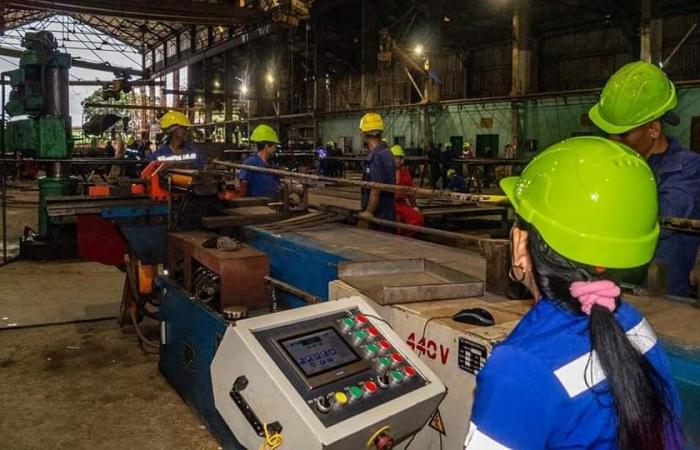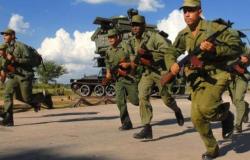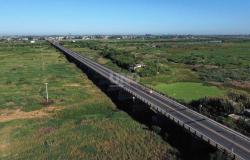The promise of less blackouts for summer dissipates further after announcements by the state Electrical Union (UNE) about distributed generationwhose resources to contribute to the National Electric System (SEN) will be less than in previous stages, as published in the official newspaper Granma.
Between the 560 diesel groups and the 400 fuel oil-based, the delivery planned for July and August reaches the figure of 845 megawatts (MW)reserved mainly for nighttime hours, as a continuation of a strategy put into practice by UNE, said Arles Luna Leiva, responsible for distributed generation at the company.
According to what he declared to the official media, “distributed generation during the summer will be oriented in two directions“: contribute to maintaining the lowest possible levels of impact on daily service and function in circumstances of tropical storms.”
The official admitted that repetitive breakdowns occur in various places in the country. In response, cyclical maintenance of up to three days and prolonged capital maintenance between ten and 15 are carried out, with the aim of avoiding massive effects.
The availability of resources for the summer decreased compared to the previous ones, as illustrated by the 163 diesel machines out of date in terms of their maintenance cyclessaid Luna Leiva.
The main interventions at diesel sites consist of changing oil filters, the generator, the panel and the calibration of the engines. Meanwhile, the fuel ones receive the main interventions in the injection systems and combustion chambers, the official explained.
Regarding operation in tropical storm conditions, he said that distributed generation will prioritize the vitality of local services such as health centers, water supply and others of great importance for the population.
These climatic phenomena affect the transmission lines, and the generating sets create isolated systems or microsystems to maintain a minimum essential level of such activities, the manager added.
During the 2024 cyclone season, which began on June 1 and runs until November 30, the formation of more than 20 storms is expected. The average is 14. Various forecasting groups agree that many of them will reach strength above category 3, compared to the three that usually reach this category in a typical year. They have also estimated that the effect of La Niña in the Atlantic Ocean will be a key factor in the “power” that cyclonic activity will have.
In May, the general director of the state Unión Eléctrica (UNE), Alfredo López Valdés, said that with the planned maintenance already given to the thermoelectric plants and those that will continue in June there will be a decreasing trend in blackouts.
“When we get to July we will not have planned maintenance, although we will have the breakdowns that normally occur in the system,” he added.
According to the official media summary, it was clarified in space: “We cannot commit to there being no blackouts. Due to current system conditions, that commitment is not possible now“.
What they can try the most, in the words of López Valdés, is to shorten the time of power outages.
“We will fight every day, we will fight every day, We are going to work every day so that there are no prolonged blackouts, so that they are not of long durationas we have been able to achieve at other times,” he said.
Regarding the state of obsolescence of thermoelectric plants, the director of the UNE reiterated that “It has not been possible to carry out capital maintenance on the thermoelectric units on time.which are the basis of the system”.
For his part, Miguel Díaz-Canel unloaded on the “conscious savings that our people are going to make” the possibility of “overcoming this situation” to “have a better electrical situation in the coming days and especially in the summer.”






